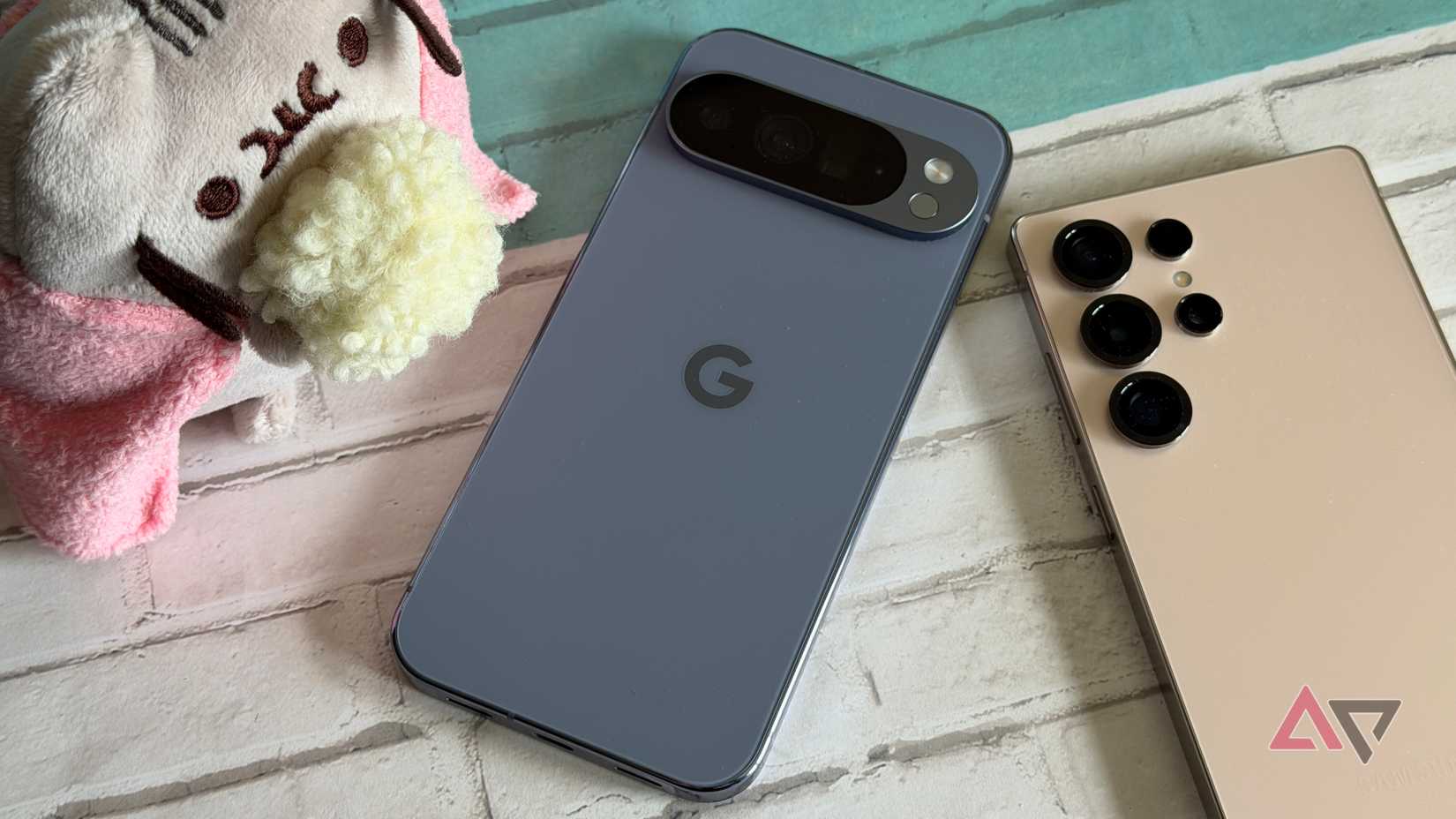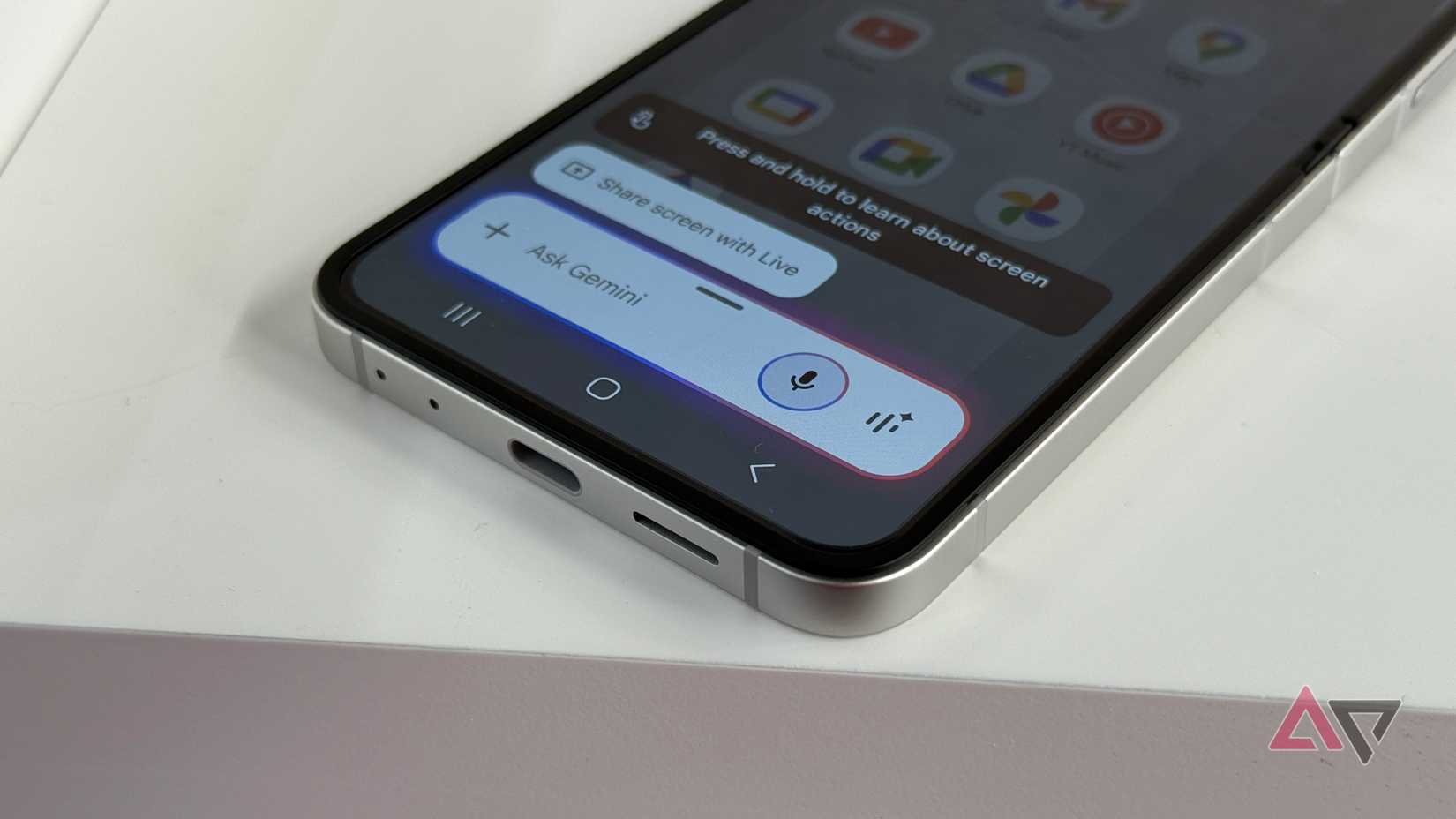One of the more disappointing features of the Pixel 10 was Magic Cue.
This feature is meant to surface relevant information automatically, saving you time switching between apps and copying details manually.
While some Android users have reported that the feature works as intended, it’s inconsistent at best.
AP’s Conor Crawley reported that, although Magic Cue worked once, he was unable to consistently reproduce the effect.
It has a lot of potential, but it needs work. Unfortunately, Google seems to be on the wrong track and has inadvertently revealed an inherent flaw with its devices in the process.
Improved privacy is great, but it highlights a glaring flaw
Tensor chips aren’t able to handle the pressure
Amongst the excitement around November’s Pixel Feature Drop was an update from Google you might have missed. I wouldn’t blame you either.
“Private AI Compute” is not the name of a feature that sounds likely to excite me. Nevertheless, tucked at the bottom of Google’s blog post announcing the feature was the following:
Magic Cue now delivers more timely suggestions, powered by our new privacy technology, Private AI Compute, in the cloud.
This intrigued me. How exactly was privacy going to make Private AI Compute faster?
I read through another tedious blog post regarding this feature, and again, hidden at the bottom was another teaser:
Private AI Compute enables on-device features to perform with extended capabilities while retaining their privacy assurance. Using this technology, Magic Cue is getting even more helpful.
I felt like I was on a treasure hunt. Google was gradually revealing a little more of the puzzle with each step.
However, it wasn’t until I dug through the technical brief that I discovered the answer and found out why Google was so reluctant to provide a direct answer.
Magic Cue handles a lot of sensitive data, so all processing is done on the device for privacy and security reasons.
However, Private AI Compute’s ability to securely process complex AI demands means that now some of Magic Cue’s processing can be done in the cloud, thereby improving its performance.
This sounds good on the surface, but it reveals worrying implications.
Firstly, Tensor chips are unable to handle Magic Cue’s demands. Secondly, Google isn’t fixing Magic Cue’s problems.
I thought Tensor chips could handle these requests?
Google didn’t tell us that Magic Cue was limited at launch
It’s no secret that on-device AI processing is slower than that in the cloud. If you want to utilize advanced Gemini models, you have to be connected to the internet.
However, it’s a worrying sign when Google’s flagship phone is unable to handle its software.
If Google admitted that Magic Cue was limited by the Pixel 10’s hardware at launch, this wouldn’t be a problem.
However, the announcement of Private AI Compute indicates that Google intentionally released an exclusive feature that was limited by the Pixel 10’s hardware.
It’s hard to identify how much impact Private AI Compute had on Magic Cue.
Users have reported Magic Cue working since the feature’s launch, but it’s impossible to tell from these anecdotes whether the feature is indeed faster.
Google has also not specified just how Magic Cue has improved beyond stating that you will receive “more timely suggestions.”
However, disregarding the limits of Tensor chips for a moment, I have to ask: why is Google prioritizing Magic Cue’s performance when that wasn’t the problem?
Google isn’t fixing Magic Cue’s biggest problem
Magic Cue needs to be smarter, not faster
Every time I read about situations where Magic Cue works, they usually mention how the prompt appears instantly.
This is, after all, how the feature is intended to work; it wouldn’t be helpful if the address you needed appeared after you had finished typing it.
Magic Cue is fast enough. The problem is that it doesn’t appear at all in most situations.
I’ve personally never seen it work despite trying to provoke it deliberately, and AP’s reporters have seen it only once or twice each.
It’s hard to identify what Magic Cue’s problem is.
Users have had wildly different experiences, and even recreating the scenarios shown by Google doesn’t work consistently.
The increasingly likely reason is just that it isn’t capable of reliably achieving its claims like most AI tools. They work occasionally, but consistency is hard to achieve.
Tensor chips are more limited than we thought, and Magic Cue may never live up to expectations
Private AI Compute is a boring but brilliant innovation from Google. While it’s powerful, it doesn’t solve the key problems we are experiencing with AI on our devices.
I find it increasingly unlikely that Magic Cue will ever work as intended, and I doubt Daily Hub will impress us when it resurfaces.
What I find most worrying is the unspoken limitations of Tensor chips. Pixel phones are meant to lead the industry in on-device AI processing. If they can’t handle demand, no one can.



